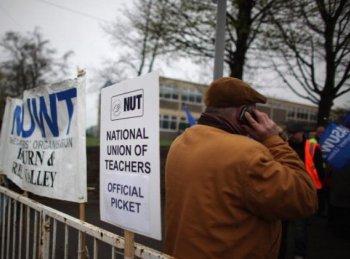Reform of ‘No Win No Fee’ Deals
“No win, no fee” reforms and other changes would save the NHS about £50 million a year in legal costs, says Secretary of State for Justice.

British Justice Secretary Kenneth Clarke addresses delegates at the SWALEC cricket stadium on March 5, 2011, during the Spring Forum at the Welsh Conservative Conference. His speech focused on the Conservative Party's continued opposition to the AV voting which will be the subject of a national referendum on May 5, 2011. Leon Neal/AFP/Getty Images
|Updated:




